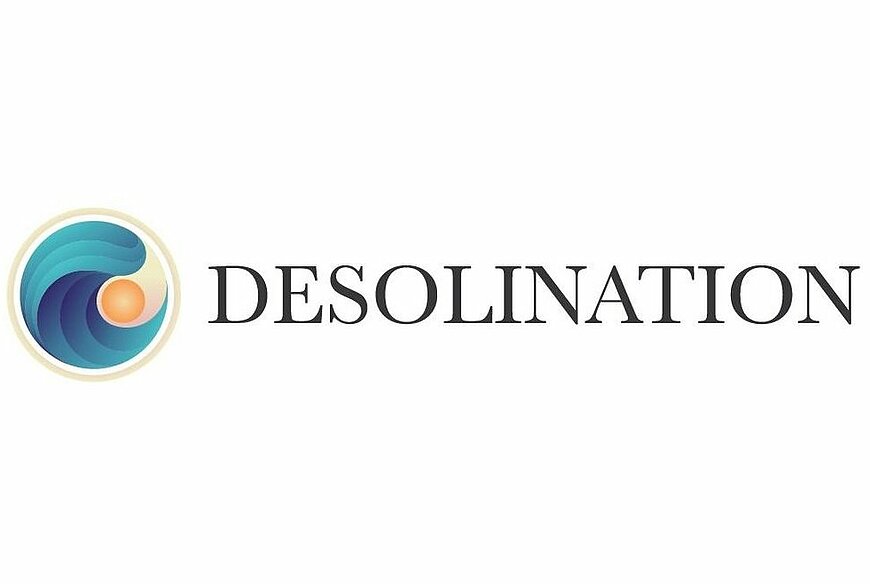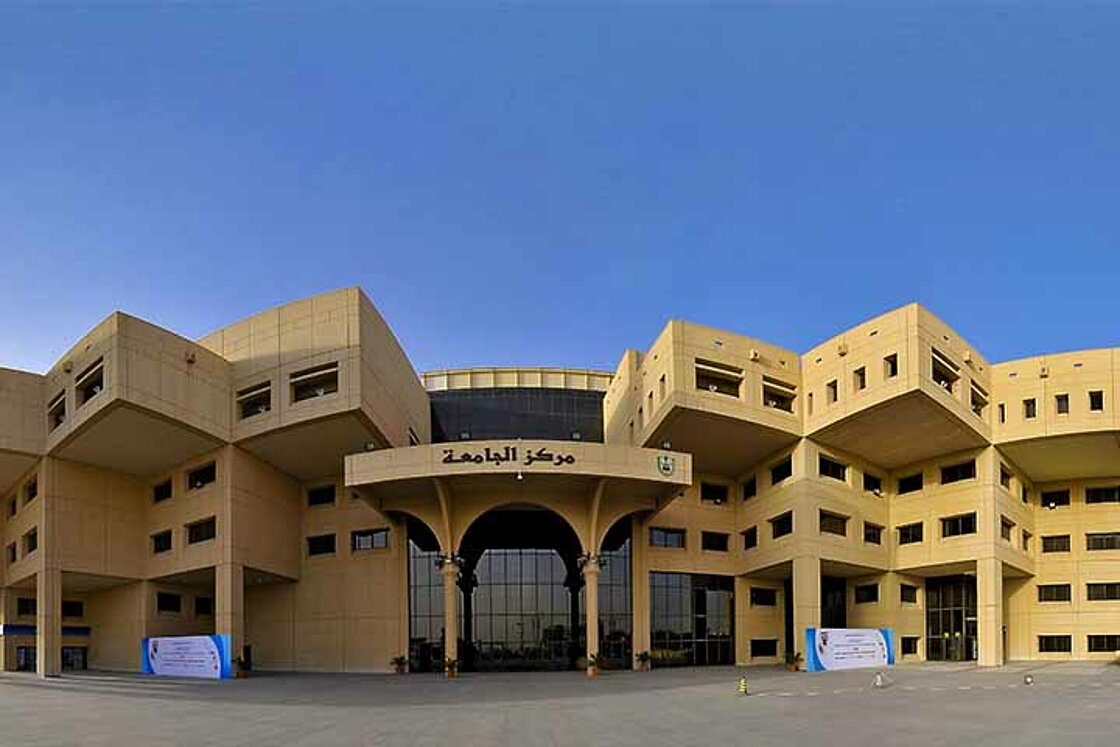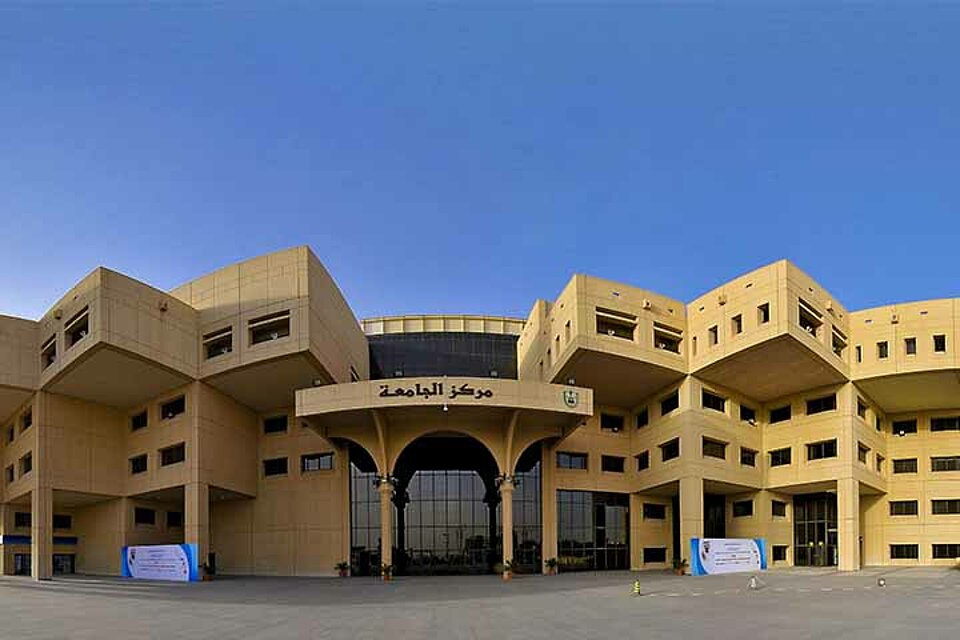European Horizon 2020 project will desalinate Arab seawater using solar power
19 companies and research institutes are going to build an installation together that will magically transform Arabian seawater into delicious drinking water. And inexpensively too.

“Project Desolination” sounds a bit like a nefarious plan to turn the world into a desolate desert devoid of life, but the opposite is true. But Desolination is in fact very well-intentioned. It is a so-called Horizon 2020 project funded by the European Union that uses research and innovation to create sustainable growth Desolination involves two innovations simultaneously: Solar power and desalination of seawater.
Riyad
According to the Eindhoven University of Technology – one of the project participants – 12 countries and 19 companies and research institutes are involved. The whole project will take place in Riyadh, which is surrounded by desert, and is set to run for four years. The goal is to have a solar power plant built on the university campus of the Saudi capital by 2025. This will convert salt water into drinking water that is very scarce there.
Moreover, this will have to be done at a relatively low cost. The aim is that it should cost less than €90 per megawatt (MWh) of electricity and less than 90 euro cents per cubic meter (m3) of water. Incidentally, the CO2 emissions can also be significantly reduced, because the desalination of seawater in Arab countries is still being done through the use of polluting techniques.


12 research institutes
Experts from different fields will be brought together in this project, according to TU/e. It is also a rather unique collaboration between the EU and three Arab countries of the Gulf Cooperation Council (GCC).
The following universities and research institutes are involved: Politecnico di Milano, Fraunhofer Institute, Lund University, Cranfield University, Tekniker, Lappeenranta-Lahti University of Technology, University of Brescia, Eindhoven University of Technology, University of Maribor, Luleå University of Technology, King Saud University, University of Bahrain and German University of Technology.
Participating from the business community are: Baker Hughes, Cobra, ACSP, Protarget, Temisth and Euroquality.